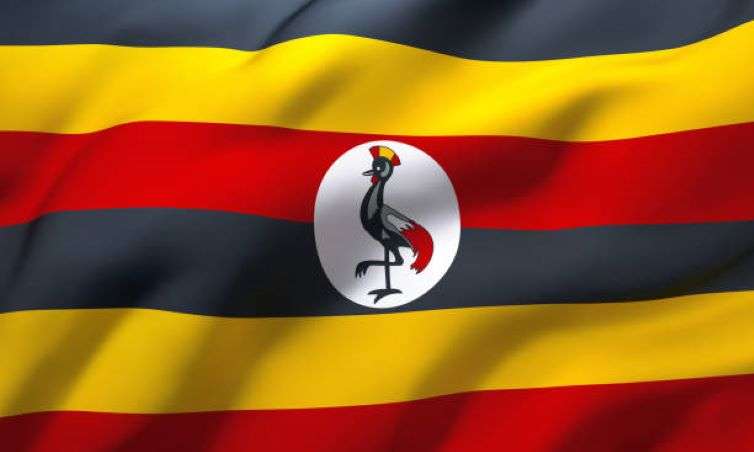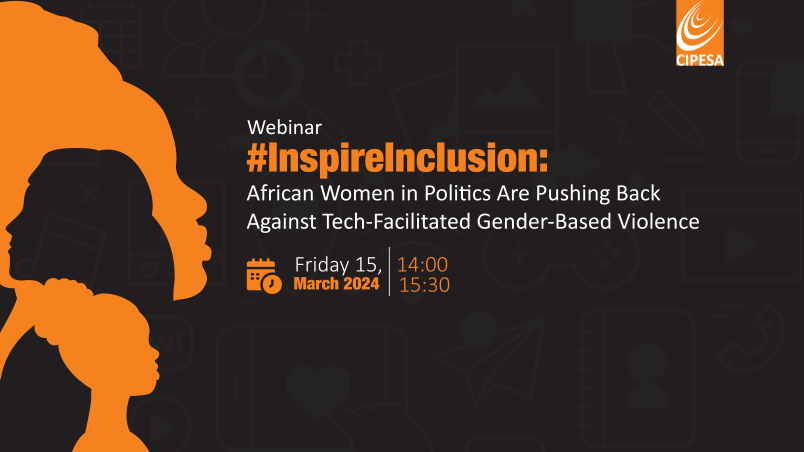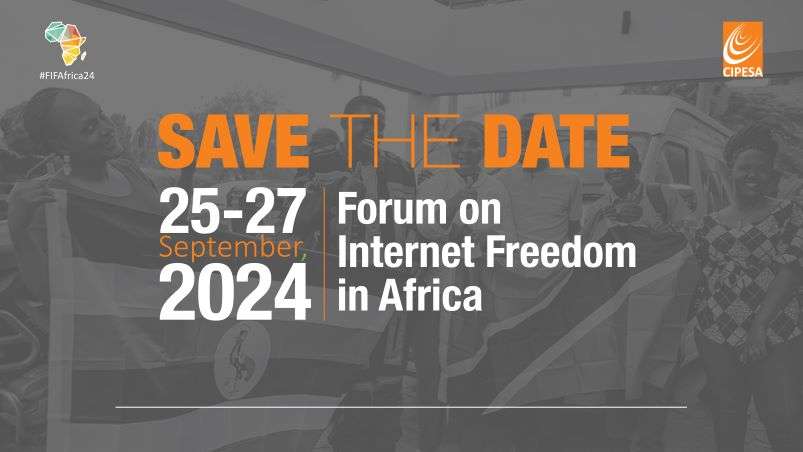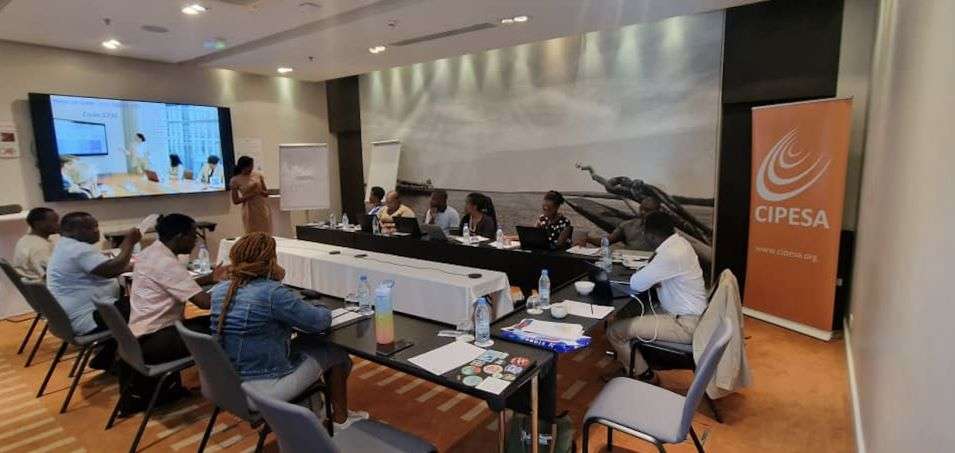By Asimwe John Ishabairu |
As part of events to commemorate this year’s International Women’s Day, the Collaboration on International ICT Policy for East and Southern Africa (CIPESA) hosted a webinar under the theme ‘InspireInclusion: African Women in Politics are Pushing Back Against Tech Facilitated Online Violence’. The webinar highlighted the importance of increased political inclusion of women, which is undermined by rising affronts to women’s presence and participation in political narratives both online and offline.
“As women, we indeed face a lot of online abuse, and it’s really unfortunate that whatever is happening now may hinder those who would want to be politicians, especially women. Because of online abuse, most women who want to join politics will be afraid of putting their life in the public eye,” said Susan Dossi, Member of Parliament (MP) representing Chikwawa West Constituency in Malawi. She added that Malawi is working on strategies to ensure that the country has more women in parliament.
Tanzania’s MP representing Non-Governmental Organizations (NGOs), Neema Lugangira, acknowledged that she had on several occasions been a victim of online abuse.
“When we are talking about online abuse, it’s not just on the social media platforms where you don’t know the people who are doing these abuses. It is from Facebook, Twitter, Instagram, all the way to WhatsApp groups where you actually know the people’s [contact numbers]. It is not an easy situation to be in,” said Lugangira.
She added that abusers often hide under the guise of exercising their freedom of expression to critique female politicians, but in reality “they are using their freedom of expression to limit us from using our own freedom of expression.,”
Lugangira said that as a result of the abuse they are subjected to, many women parliamentarians choose not to be online and instead opt to self-censor.
She added that online abuse of women in politics is diminishing democracy and hampering African countries’ efforts to increase the number of women and girls who want to join politics.
The webinar also cast a spotlight on how women in active politics in African countries are working to protect the rights of women online, including through legal frameworks and engaging technology platforms to address Technology-Facilitated Gender-Based Violence (TFGBV) associated with political spaces and discourse.
As a possible solution to this, Modestus Amutse, the Deputy Minister of Information and Communication Technology in Namibia, said more African countries need to develop policies with specific provisions to protect women against gender-based violence, especially online, so as to give women confidence to use the internet without fear.
He added that while countries have laws that regulate the use of the internet in terms of data protection or cyber security, in many cases such legislation is not gender-specific.
“They are just there to protect, perhaps the security of everyone on an equal basis,” said Amutse. “I would have loved to see policies that have provisions targeting the protection of women so that they are free when they use the internet.”
Meanwhile, Adedolapo Adegoro, a Technology Policy Analyst with Tech Hive Advisory, noted that Nigeria has one of the lowest levels of women’s representations in parliament or holding political positions, in Africa.i She said the country had failed to implement laws that seek to protect women from online bullying.
“The Nigerian Cyber Crimes Act has the highest provisions that sort of protect women from online bullying. These provisions have been there for quite a while, however, the first time it really received definition of interpretation from the courts was about four or five years ago,” Adedolapo noted.
She cited a need to adopt a multi-stakeholder approach where all actors are involved in putting together policies and procedures geared towards protection of women online.
Sylvia Musalagani, Head of Safety Policy for Africa, Middle East and Turkey at Meta, said that their organization believes that women have a right to participate in the online environment and a right to find economic opportunities.
“We do recognise the place that our platforms play in women’s participation online and we are committed to continue having direct conversations with parliamentary initiatives and share ideas on how to improve,” she said.
The panelists appealed to social media platform operators to improve their content moderation practices regarding TFGBV. They observed a need for Meta to engage legislators through the African Parliamentary Network on Internet Governance (APNIG) so as to strengthen the safety of online space and enable more women to join politics.
“For more women to retain political seats, we need to be visible… If we are not online, it limits our visibility,” said Lugangira, who also heads APNIG.
According to Sustainable Development Goal (SDG) 5 on Gender Equality, digital technologies have the potential to increase women’s inclusion, participation, and engagement in politics, providing them with a platform to have their voices heard.
Over the years, women in politics have increasingly relied on various digital tools, especially social media platforms, to connect with their constituencies. However, they have also become the targets of online threats and abuse. It was observed that TFGBV not only impedes women’s equitable and meaningful participation in public offices but also their long-term willingness to engage in public life.





